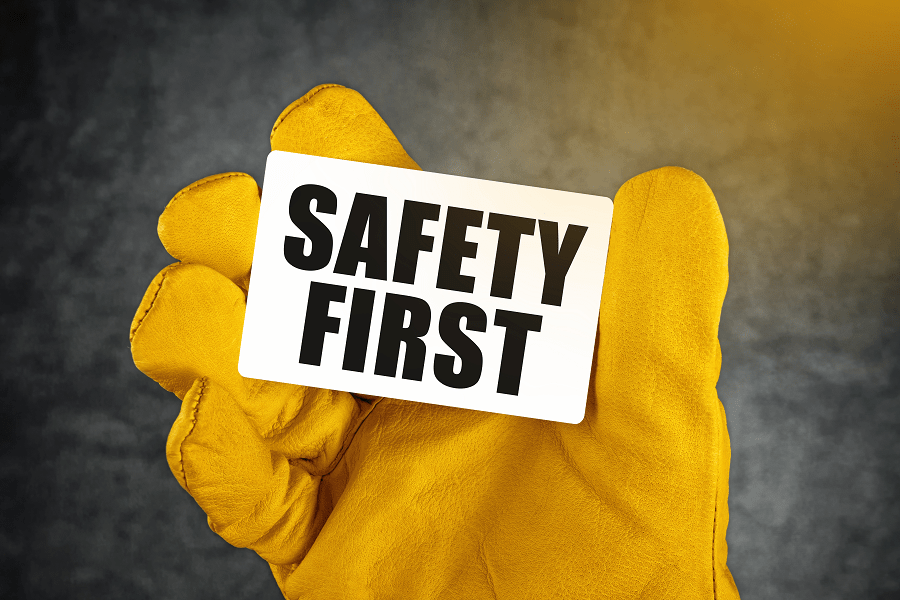Self-operating parts washers are often the only option industrial outfits have for cleaning parts within the time frame they need to be cleaned.
By extension, the only solvent option for cleaning the parts in the washer is a parts washer solvent, which can be flammable or inflammable, as well as possess a variety of other specs that make the solvent a good or bad option for the cleaning operation in question. Here, we explain why it’s preferable to use a non flammable parts washer solution.
Parts Washers and Solvent Ignition
A properly operating parts washer won’t ignite solvent used for the wash cycle. The machine’s equipment housing and washing chamber that is sealed during operation prevent combustion. Outside of the parts washer is where the real concern exists, particularly regarding the solvent storage area.
Most industrial outfits have enough space to store flammable solvents away from potential sources of ignition and combustibles that would feed the flames if the solvent happened to ignite. However, fires start in places besides the solvent storage area. If they reach the storage area, and combustible solvents are stored there, those solvents can be a proverbial powder keg that pushes the fire further out of control.
We often talk about solvent flammability in terms of worker safety on the job floor, focusing on the individual worker. But imagine if your facility experienced a fire that required everyone to evacuate quickly, for fear of losing life and limb. At that point, you’d be beyond dealing with solvent safety, dealing with emergency egress safety — as established by OSHA and the International Building Code (IBC) — instead.
Solvents: Better Safe Than Sorry?
Any facility manager would rather use a non flammable parts washer solution instead of one that combusts. But the primary concern is selecting a parts washing solvent that cleans thoroughly and efficiently. If that means implementing a flammable solution, then that’s what is normally implemented.
However, when they work with Ecolink, industrial outfits do have the option of using a non flammable parts washer solution. We formulate custom solvents for the needs of specific users. If the flammability of your parts washing solvent is a safety concern, we can formulate a solvent that has a high flashpoint or is inflammable, and provide you with a free sample, so you can test the results. If the solvent addresses your requirements, order it in the amount you want, in the type of packaging you want, on the schedule you want. We handle the rest.
Contact Us Today
Ecolink has years of experience providing eco friendly solvents that have the same efficacy — if not more — than toxic solvents they are formulated to replace. In addition to accepting custom orders, we also offer a wide array of stock solutions for general and specific solvent operations.
To explore your options for using a custom non flammable parts washer solution, please contact us today at 800-563-1305, or send us a message through our contact form. We look forward to assisting you!















